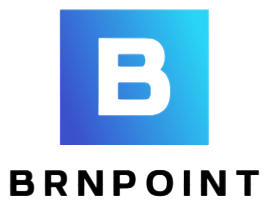Physician endorsed hydroxyzine abuse and Addiction
As indicated by the National Institute of Drug Abuse (NIDA), around 3 percent of the U.S populace occupied with non-medicinal utilization of psychotherapeutic drugs in 2006. Ongoing examinations demonstrate that these numbers are rising relentlessly consistently. The expression psychotherapeutic drug is applied to prescriptions customarily utilized in restorative treatment to modify a patient’s mind-set or perspective. Drugs that fall into this classification incorporate torment relievers, depressants and stimulants, among others. Such medications are normally recommended for conditions running from physical torment to mental or enthusiastic pain. At the point when utilized accurately, psychotherapeutic drugs are extremely compelling in lessening torment and distress that a patient probably will not have the option to suffer without anyone else. The issue emerges when such drugs are utilized mistakenly.
In 2008 declaration before a Senate subcommittee, Medical Epidemiologist Dr. Leonard J. Paulozzi of the Centers for Disease Control and Prevention expressed that in excess of 22,000 American lives are lost every year because of coincidental drug overdoses and that inadvertent overdose passings are factually identified with the expanding utilization of physician endorsed drugs, particularly narcotic painkillers. This point was underscored by Andrew Kolodny, director of psychiatry at Maimonides Medical Center in New York City. Endorsing practices have changed to the point where doctors are considerably more liberal, to a great extent through pharmaceutical advertising. We have prepared an entire age of doctors to accept that in the event that you recommend sedatives to patients who have real agony that there is almost no danger of fixation or abuse.
Simple access to professionally prescribed drugs from authentic doctors is only one of the issues. Illicit recommending by deceitful doctors and unlawful dispersion by corrupt drug stores is additionally on the ascent. Professionally prescribed drug abusers are frequently ready to acquire whatever solution they need on the off chance that they are eager to pay the cost and a few drug specialists have increased a notoriety of filling such remedies beyond a shadow of hydroxyzine abuse doubt. With the coming of online drug stores a remedy is frequently not required. As indicated by a recent report by OpSec Security, a firm observing pharmaceutical duplicating, the accessibility of online drug stores that do not require a solution has risen 65% over the most recent two years. While profoundly controlled substances are commonly not accessible on the web, a large number of the drugs that are accessible are extremely perilous when taken in high dosages or in blend with different drugs.

